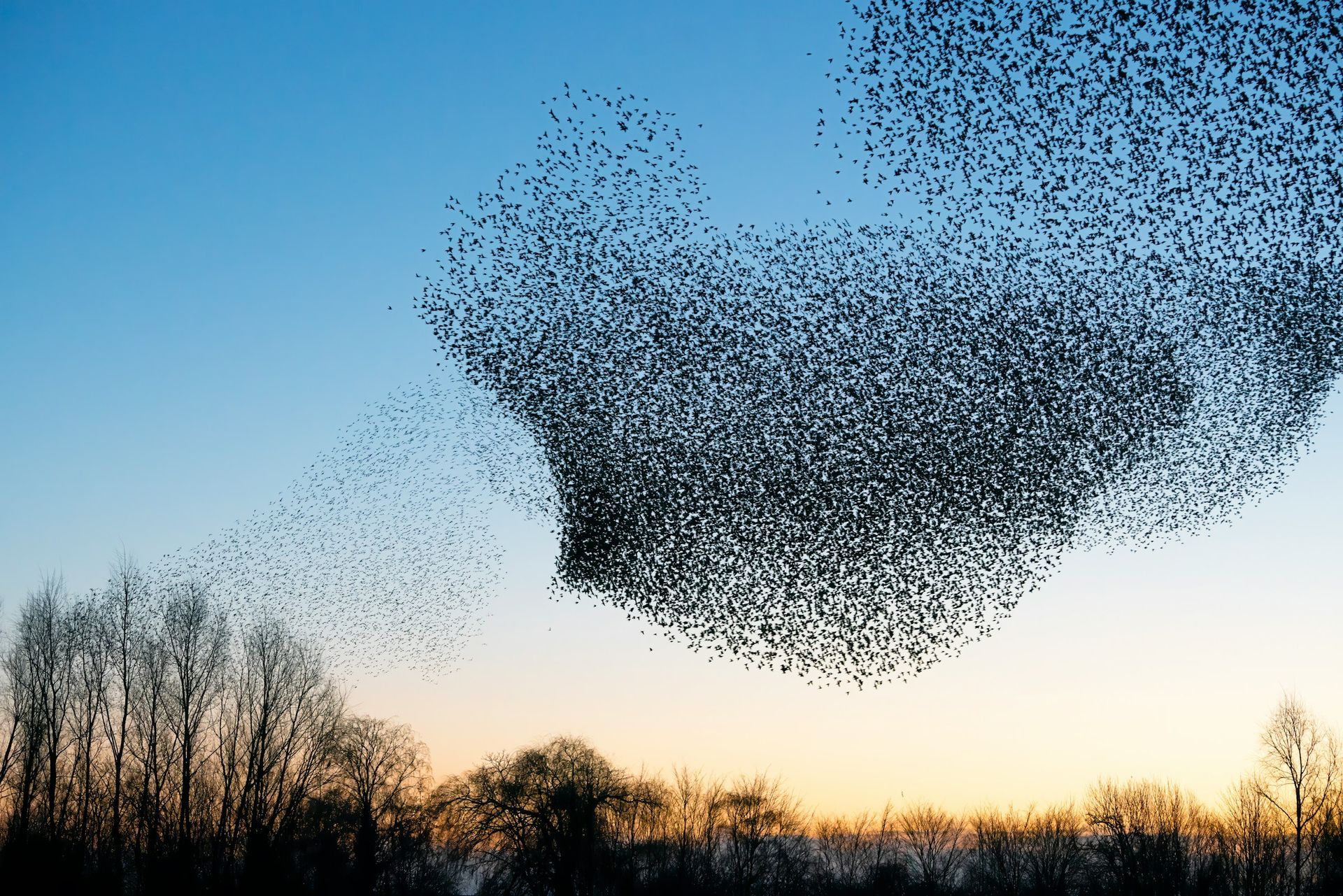IDEA Joins 30+ Organisations Demanding Irish Government Push for UN Action on Gaza
The Irish Development Education Association (IDEA), together with more than 30 civil society organisations, trade unions, and advocacy groups, has signed an open letter to Taoiseach Simon Harris and Tánaiste Micheál Martin.
The letter urges the Government to request that UN Secretary-General António Guterres convene an Emergency Special Session (ESS) at the upcoming UN General Assembly in September. This would activate Resolution 377, “Uniting for Peace,” enabling the General Assembly to act when the Security Council is blocked by vetoes. An ESS could pave the way for urgent measures to protect civilians in Gaza, including the establishment of a UN peacekeeping force.
The signatories emphasise Ireland’s history of leadership on Palestine and international justice, warning that civilians in Gaza face daily killings, famine, and displacement that amount to war crimes and ethnic cleansing. They call on the Government to ensure that Ireland once again shows principled leadership at the UN.
Below is the full text of the letter and list of signatories.
Open Letter to the Taoiseach and Tánaiste
Dear Taoiseach and Tánaiste,
There is an opportunity for our Government to request that the United Nations Secretary-General, António Guterres, call an Emergency Special Session (ESS) at the forthcoming UN General Assembly (UNGA) meeting this September. The purpose of this ESS would be to discuss the situation in Gaza and to have the UN take an active role in protecting civilians – up to and including raising a peacekeeping force.
This can be done under Resolution 377, “Uniting for Peace,” which allows the UNGA to act when the UN Security Council is deadlocked by vetoes. An ESS requires a simple majority of Member States to convene, although it then requires a two-thirds majority of those present and voting to agree on proposed actions. We request that you ensure Ireland’s UN representative calls on the other 192 Member States to join this demand.
Resolution 377 can be used on occasions when the Security Council is blocked by vetoes. This is such an occasion: on 4 June 2025, a draft resolution calling for an immediate and permanent ceasefire in Gaza failed to pass in the UN Security Council after the United States cast its veto - blocking an initiative backed by all ten elected members of the Council.
Emergency Special Sessions, often invoked under Resolution 377, have been used throughout UN history – including during the Korean War, the Suez Canal crisis, and in relation to Bangladesh in 1971, Afghanistan in 1980, and Israel in 1982. Most recently, it was used in 2022 in response to the Russian invasion of Ukraine. The Resolution is strong enough to give the UNGA the authority to raise a peacekeeping force.
The situation is urgent. Civilians are being killed daily by Israeli forces, whose deliberate actions are also causing famine - itself a war crime. The Irish Government has already joined the South African case at the International Court of Justice to investigate whether genocide is taking place.
Plans to bomb and destroy Gaza City, and to move the population to a so-called safe zone, are acts of ethnic cleansing and must be stopped. The Irish people have demonstrated in their protests that we are demanding action from our Government.
Irish governments have a strong track record of leadership on the issue of Palestine. Now is the time to build on that leadership.
Yours etc.,
TONY DALY, CEO, 80:20 Educating and Acting for a Better World
JOHN REYNOLDS, Academics for Palestine
KAROL BALFE, CEO, ActionAid
KATIE MARTIN, Coordinator, Afri
MAEVE MCLAUGHLIN, Director, Bloody Sunday Trust
STEPHEN MCCLOSKEY, Director, Centre for Global Education
CAROLINE MURPHY, CEO, Comhlámh
SEAN O'BRIAIN, Comhlámh Justice for Palestine
DERMOT BARRY, Cork Palestine Solidarity
ANNE O'BRIEN, Cork Trades Council
BOBBY MCCORMACK, CEO, Development Perspectives
DES DERWIN, Dublin Trades Council
THOMAS MCDONAGH, Director, Financial Justice Ireland
ÁINE UÍ FHOGHLÚ, Gaeil ar son Gaza
JOE O'BRIEN, Executive Director, ICCL
RUAIRÍ MCKIERNAN, CEO, IDEA
JOHN BOYLE, General Secretary, INTO
DR ANGY SKUCE, Irish Health Care Workers for Palestine
ÁINE HUTCHINSON, Ireland Palestine Mental Health Network
REBECCA O'KEEFFE and JOANNE MCDONALD, Irish Sports for Palestine
JACOB WOOLF, Jews for Palestine Ireland
REV. JOHN PARKIN, Kairos Ireland
AOIFE HERR, Mothers Against Genocide
ORLA O'CONNOR, Director, National Women’s Council
WILL HAIRE, Clerk, Ireland Yearly Meeting (Quakers)
SEÁN THIM O'LEARY, President, TCD Students’ Union
PAUL MCSWEENEY, Trade Union Friends of Palestine
SIOBHAN CURRAN, Head of Policy, Trócaire
ANTHONY QUINN, President, TUI
BRIAN CUTHBERT, Programme Director, Uplift
MARCELLA HEALY, Waterford for Palestine








